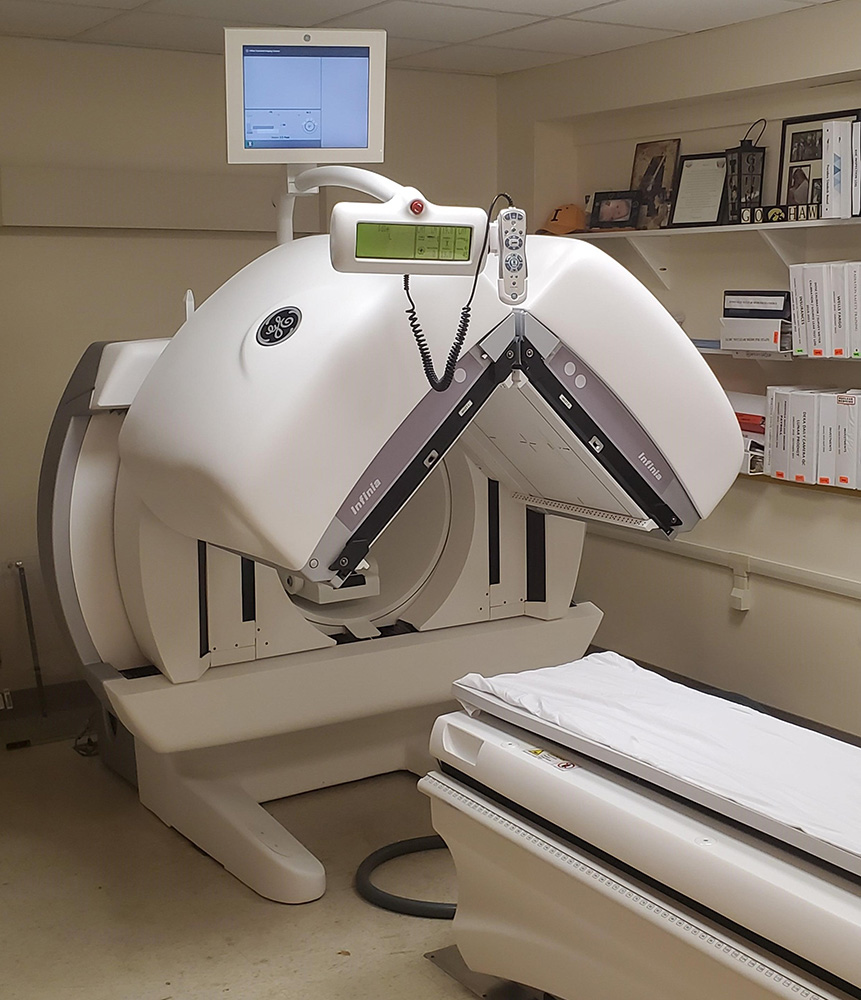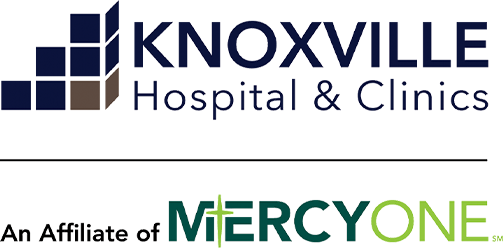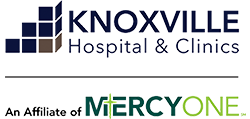Nuclear
Medicine
Diagnosis, therapy, prevention
What is nuclear medicine?
Nuclear Medicine is a specialized area of radiology that uses small amounts of radioactive materials to examine and assess organ structure and function. Physicians and medical professionals use the diagnostic procedure to diagnose various conditions in the intestines, lungs, kidneys, gallbladder, cardiac, tumors, and inflammatory and infectious diseases. Combined with Computerized Tomography (CT) capabilities, which provide images of different levels of anatomy, medical professionals are able to eliminate guesswork, increase diagnostic confidence and enable better treatment plans.
Using small trace amounts of radioactive materials (radiotracers) that are typically injected, inhaled or swallowed; a nuclear medicine test can help determine the cause of a medical condition based on the function of tissue, bone, or organ. A special camera detects the gamma rays produced by the radiotracers to create computer generated molecular information images of the inside of the body that cannot be obtained using other imaging options.

Common nuclear medicine tests
- Brain scan investigate problems within the brain and/or in the blood circulation to the brain.
- Breast scan often used in conjunction with mammograms to locate cancerous tissue in the breast.
- Bone scan evaluates any degenerative and/or arthritic changes in the joints; find bone diseases and tumors; and/or determine the cause of bone pain or inflammation.
- Gallium scan diagnose active infectious and/or inflammatory diseases, tumors, and abscesses.
- Gastrointestinal (GI) bleeding scan. These scans help locate the sites of either a gastrointestinal or non-gastrointestinal bleeds, which include the stomach and small and large intestines.
- Heart scan identify abnormal blood flow to the heart, to determine the extent of the damage of the heart muscle after a heart attack, and/or to measure heart function. Learn more about the Cardiac Stress Lab.
- Hepatobiliary Duct System (liver, gallbladder and bile ducts). Your doctor may recommend this scan to diagnose: bile duct obstruction; bile leakage; congenital abnormalities in the bile ducts; gallbladder inflammation (cholecystitis); and gallstones.
- Kidney (renal) scan. A renal scan examines the kidneys and find any abnormalities. These include abnormal function or obstruction of the renal blood flow.
- Perfusion scan. Your doctor may recommend this scan to: find a blood clot that is preventing normal blood flow (perfusion) to part of a lung (pulmonary embolism), evaluate the flow of blood or air through the lungs or observe which parts of the lungs are working and which are damaged.
- Thyroid scan. Thyroid Scans evaluate thyroid function or to better evaluate a thyroid nodule or mass.
Our Nuclear Medicine Partner
We dedicate ourselves to providing the highest quality diagnostic images possible, while maximizing patient safety. By working closely with health care providers, Knoxville Nuclear Medicine ensures that the scans it provides can help lead to faster and more accurate diagnoses.
Brian Clarke, owner of Knoxville Nuclear Medicine, started his company in order to provide patient-centered diagnostic services. Brian’s rapport with patients and relationships with the referring physicians has made him the top choice for services. He has been serving Knoxville Hospital & Clinics since 1997.
Nuclear medicine services require a physician referral. If you have questions about the services offered at the Knoxville Hospital & Clinics, call Nuclear Medicine at 641-842-1467.

